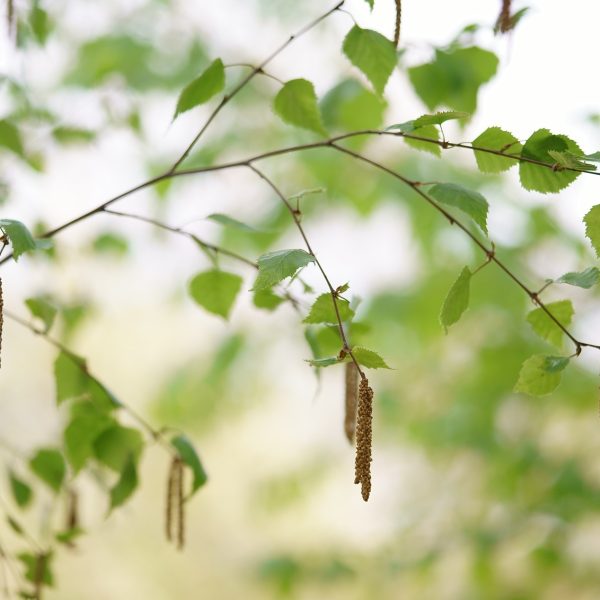
In this article, we summarise the study, “Randomized clinical trial of Plantago ovata seeds (dietary fiber) as compared with mesalamine in maintaining remission in ulcerative colitis“.
Plant name and species
Psyllium (Plantago ovata)
Aim of study
This study investigates the effect of Plantago ovata (PO) seeds on patients with ulcerative colitis who were in remission. They compared results with the pharmaceutical mesalamine, which is used to treat various inflammatory bowel diseases.
Study method
The three groups of patients were given either 10 g of seeds twice a day, 500 mg of mesalamine three times a day or PO seeds and mesalamine in the same doses. They were measuring for the maintenance of remission for 12 months.
Herbal preparation
Patients were given 10 g of seeds twice a day.
Sample size
A total of 102 patients with ulcerative colitis who were in remission were randomly split into three groups. A total of 35 patients received PO, 37 received mesalamine and 30 received PO and mesalamine combined.
Results of study
After 12 months, treatment success rate was 60% (21 of 35 patients) in the Plantago ovata seed group, 65% (24 of 37) in the mesalamine group, and 70% (21 of 30) in the Plantago ovata plus mesalamine group.
Discussion
The rationale for this study was that PO seeds yield butyrate in colonic fermentation (digestion in the colon). Butyrate enemas have shown promising effects for treating active distal ulcerative colitis, as they can stimulate mucosal repair.
This study shows that there was only 5% difference in efficacy between PO seeds and mesalamine. However, the sample sizes were small and so the difference is only marginal. The beneficial side of PO is that the side effects are relatively minimal, and not dangerous long term.
Side effects of mesalamine include joint and back pain and stiffness, vomiting, heartburn, itching, hair loss, and acne. More extreme potential side effects include blistering skin, mouth sores, flu-like symptoms, difficulty breathing or swallowing, blood in the stools and urine and extreme fatigue as well as many others. Therefore, it is arguable that to maximise quality of life and safety PO seeds may be a better option for many people.
Conclusion
The combination of a daily dose of 20 g of Plantago ovata seeds (dietary fibre) with 1500mg daily mesalamine is more effective than mesalamine or plantain alone to maintain remission in ulcerative colitis.





























